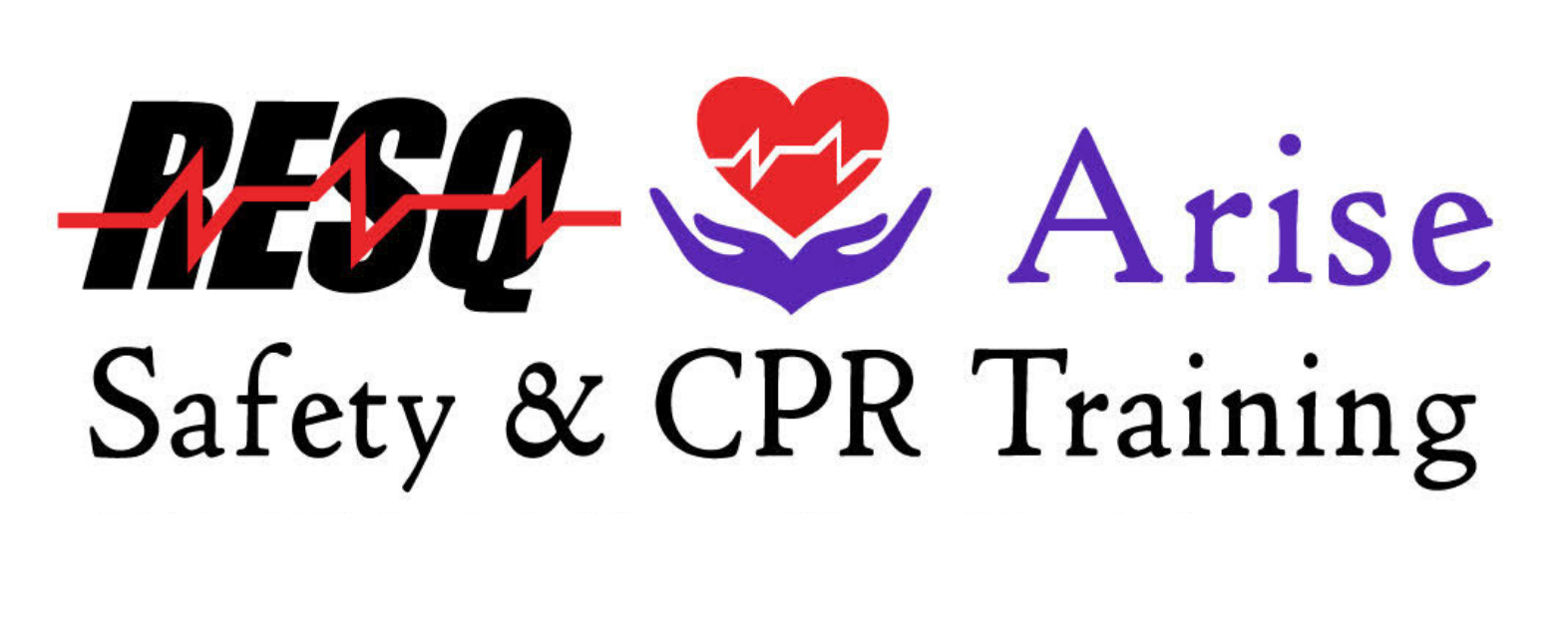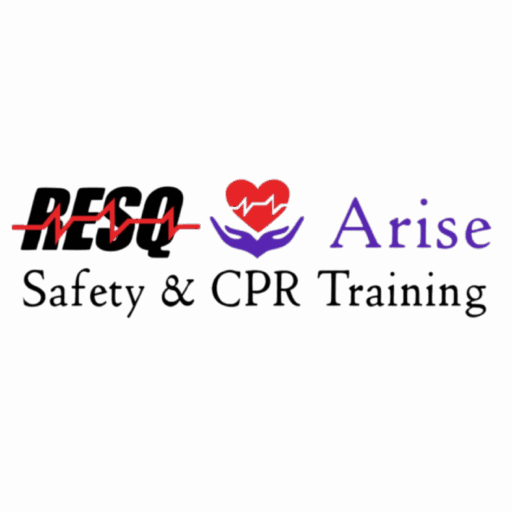Fireworks Safety: How to Handle Burns and Injuries at Home
Fireworks are fun—but they can also be dangerous. Each year, people get hurt using them. Most injuries happen at home. The good news? You can treat many of them if you know what to do.
Here’s how to stay safe and handle injuries the right way.
Common Firework Injuries
First, know what to expect. Fireworks can cause:
-
Burns (especially on hands or face)
-
Cuts from sparks or debris
-
Eye injuries
-
Hearing damage from loud blasts
Knowing the risks helps you prepare.
First Aid for Burns
Burns are the most common injury. Some are minor, while others are serious. Here’s what to do:
For minor burns:
-
Cool the area. Run cool (not cold) water over the burn for 10–15 minutes.
-
Don’t use ice. It can damage the skin.
-
Cover it. Use a clean, dry cloth or sterile bandage.
-
Avoid ointments or butter. These can trap heat.
-
Watch for blisters. Don’t pop them.
For serious burns:
-
If the burn is large, deep, or on the face, hands, or genitals—call 911.
-
Don’t remove stuck clothing.
-
Keep the person calm and cover the burn with a clean cloth.
First Aid for Cuts and Scrapes
Sometimes, fireworks explode too close. Sharp pieces can cause cuts.
For minor cuts:
-
Wash your hands. This prevents infection.
-
Stop the bleeding. Press gently with a clean cloth.
-
Clean the wound. Use water and mild soap.
-
Apply a bandage. Keep it clean and dry.
-
Watch for infection. Redness, swelling, or pus are warning signs.
Seek help if:
-
The cut is deep or won’t stop bleeding.
-
It’s near the eye.
-
You see signs of infection after a few days.
What About Eye Injuries?
Never rub the eye. Don’t try to remove anything stuck in it. Cover it gently with a clean cloth and get medical help right away.
When to Call for Help
Not sure if it’s serious? Here’s when to seek medical attention:
-
Burns larger than your palm
-
Burns on the face, hands, or groin
-
Trouble breathing
-
Signs of infection
-
Bleeding that won’t stop
-
Loss of vision or serious eye pain
Tips to Prevent Injuries
-
Keep water nearby—like a hose or bucket.
-
Never relight a “dud” firework.
-
Don’t let kids handle fireworks.
-
Light one at a time, then step back.
-
Wear safety glasses.
Final Thoughts
Fireworks are exciting, but safety comes first. Know the risks. Be prepared to treat injuries. And don’t wait to call for help if something feels wrong.
Enjoy the show—but keep it safe.


